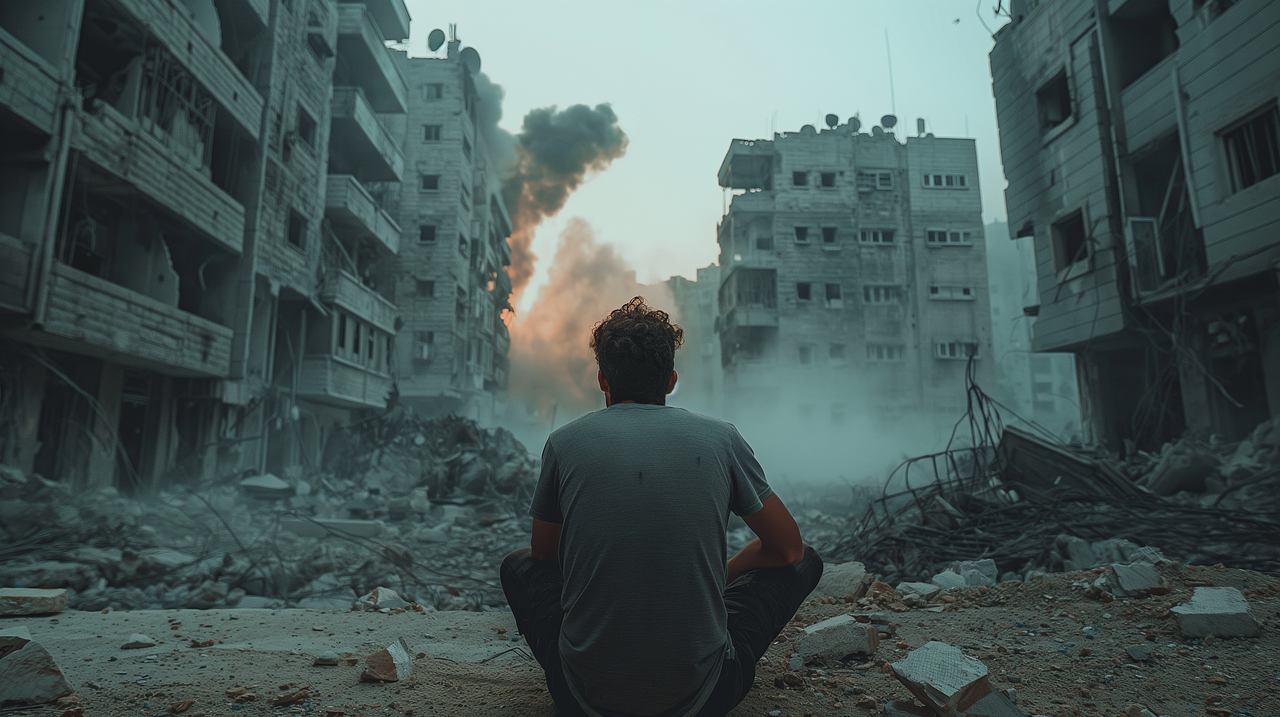The International Criminal Court (ICC) on Thursday issued arrest warrants for Israeli Prime Minister Benjamin Netanyahu, former defense minister Yoav Gallant, and possibly-deceased Hamas military commander Mohammed Deif for alleged war crimes and crimes against humanity.
The court charged Netanyahu and Gallant with using starvation as a method of warfare and accused them of criminal responsibility for murder, persecution, and other inhumane acts in Gaza. Prosecutors said both officials intentionally deprived Gaza’s civilian population of essential supplies and were responsible for attacks against civilians.
The warrant for Deif cited crimes including murder, extermination, torture, and sexual violence related to Hamas’s October 2023 attack on Israel. The court found reasonable grounds to believe Deif helped plan and execute the attacks, including mass killings at multiple locations and the taking of hostages who were later subjected to sexual violence and inhumane treatment. The court also acknowledged that Deif was reportedly killed earlier this year, but noted that the warrant stands as the prosecution continues to investigate these reports. Two other senior Hamas leaders initially named in the prosecutor’s May applications — Yahya Sinwar and Ismail Haniyeh — were not included in Thursday’s warrants after the court confirmed their deaths in October and July respectively.
The warrants relate to activities carried out between October 7, 2023, and May 20, 2024. That timeframe begins with a deadly Hamas attack in Israel that killed some 1,200 people and resulted in the kidnappings of upwards of 250 others, spurring Israel’s ongoing invasion of Gaza. It ends on the day ICC Prosecutor Karim Khan announced plans to seek the arrests.
The ICC rejected Israel’s challenges to its jurisdiction, ruling that Palestine’s territorial jurisdiction provides sufficient basis for the court’s authority. Israel, which is not a party to the ICC, has consistently rejected the court’s authority over its nationals.
The arrest warrants remain classified to protect witnesses and investigations but were publicly announced due to ongoing similar conduct and victims’ interests, the court said.


